Microsoft details Windows RT Start Menu update
3 min. read
Published on
Read our disclosure page to find out how can you help Windows Report sustain the editorial team. Read more
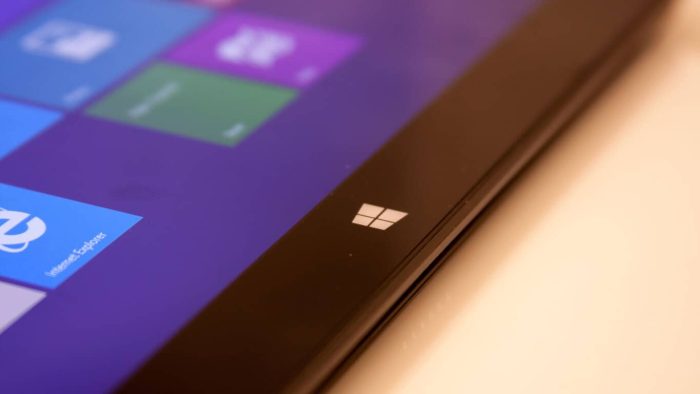
As we posted yesterday, Microsoft has rather quietly released Update 3 for Windows RT 8.1. This is good news for Windows RT users, because the update adds in a Start menu, one of the most popular features of Windows 10 and the most demanded by Windows RT users. Microsoft has published a fairly descriptive changelog for Update 3 (officially dubbed KB3033055), and so we can provide additional details on precisely what Windows RT users can now enjoy.
As mentioned, the most significant change is the addition of a Start menu, which is quite similar to the version introduced in Windows 10 very early in the Windows Insider program. The start menu is a tad simpler than the one in Windows 10 and oddly resembles Windows 7/8.X in its iconography, but it provides a number of key features.

- Header. This is where the user account picture and power button appear.
- Pinned List. Apps that are pinned for easy access appear here.
- Most Frequently Used applications list (MFU). Apps that are frequently used but not pinned anywhere else will appear here.
- All Apps button. Selecting this button displays the All Apps list.
- Search text box. Typing here begins a search.
- App grid. Both Immersive and Win32 apps can be pinned, unpinned, and resized in this area.
The Start menu in Windows RT can be toggled on and off, accepts pinned apps to the grid and the Pinned List, and offers scrolling to accommodate a large number of pinned apps. A most frequently used (MFU) apps list provides quick access to your favorite apps, and a Search box occupies the familiar spot to the lower left of the Start menu.
Microsoft recognizes the need for explicit Desktop support, and so they devote a few bits to describing how to return to the Desktop quickly–a process that basically involves pinning the Desktop “app” to Start. Because Windows RT still utilizes the immersive version of Internet Explorer that was dropped from Windows 10, Microsoft also provides some insights on how the desktop and immersive versions Internet Explorer work together.
Finally, Windows RT users can now enjoy circular frames for User Account pictures, just like their Windows 10 compatriots. Whether this is a good or bad thing depends entirely on personal preference, of course.
That seems to be everything included in Windows RT Update 3, and while the Start menu is likely a welcome addition, it looks like Microsoft isn’t investing loads of resources into updating what’s essentially a dead platform. Hopefully the changes will be enough to tide Windows RT users over until they can make the jump to a Windows 10 machine.
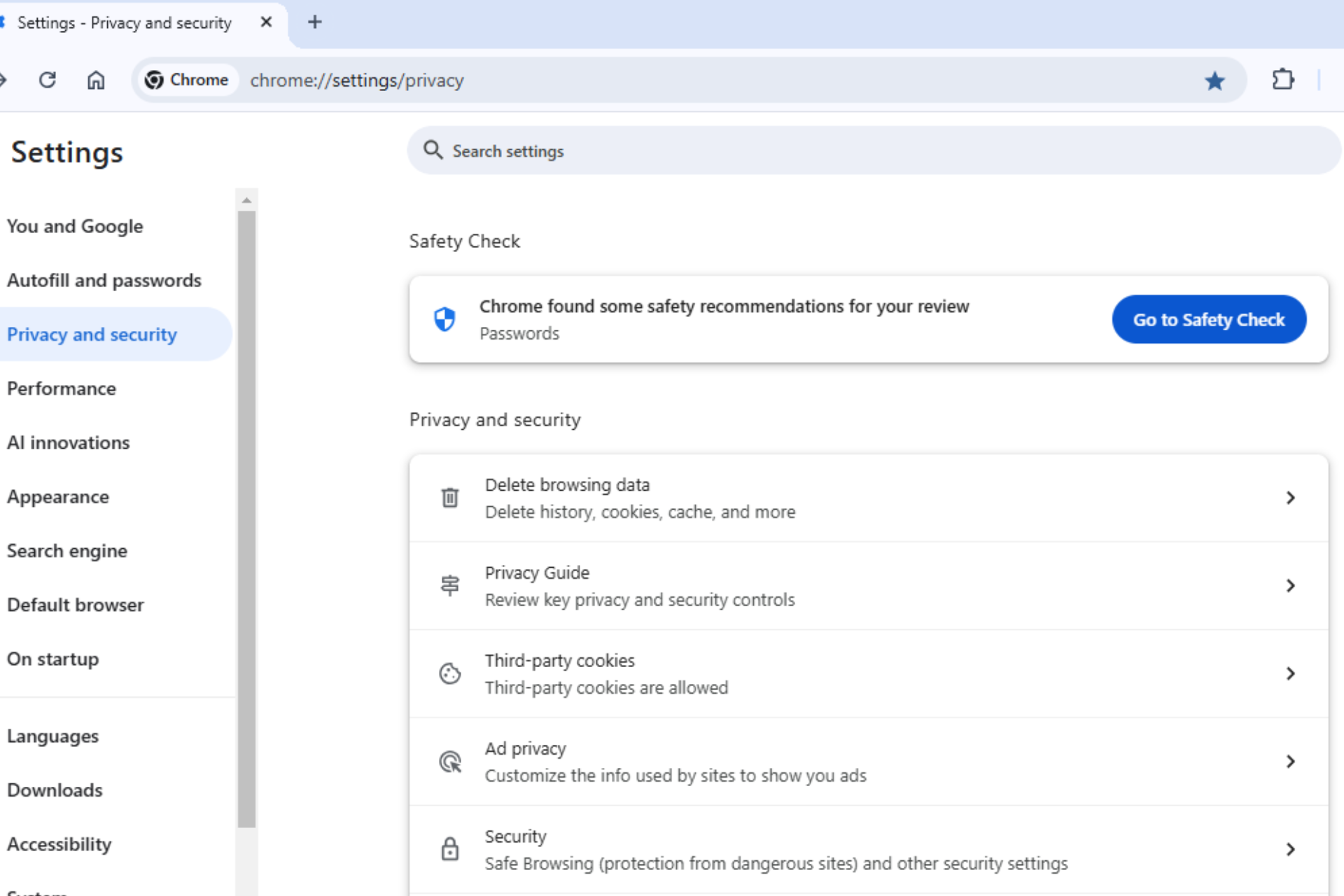
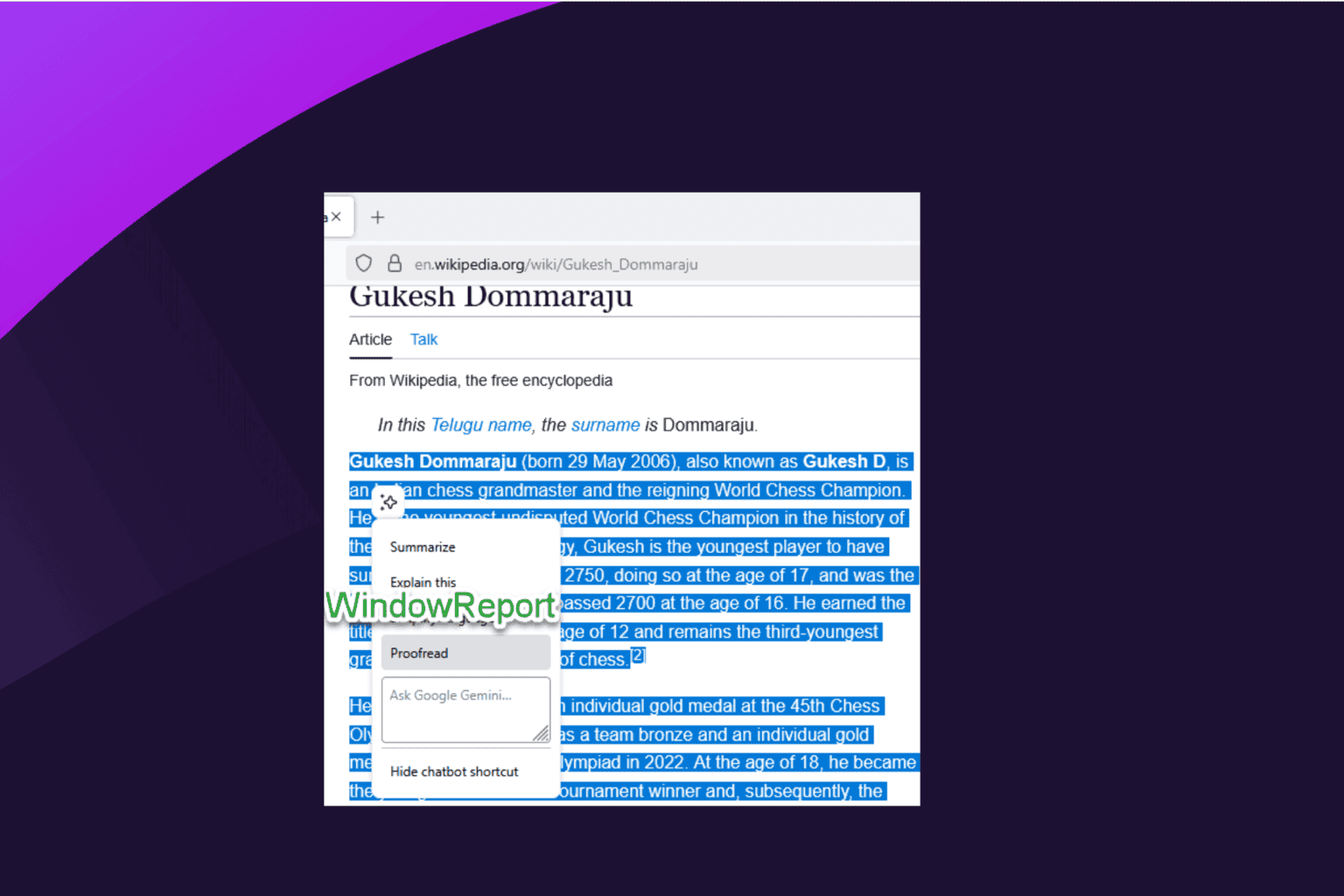
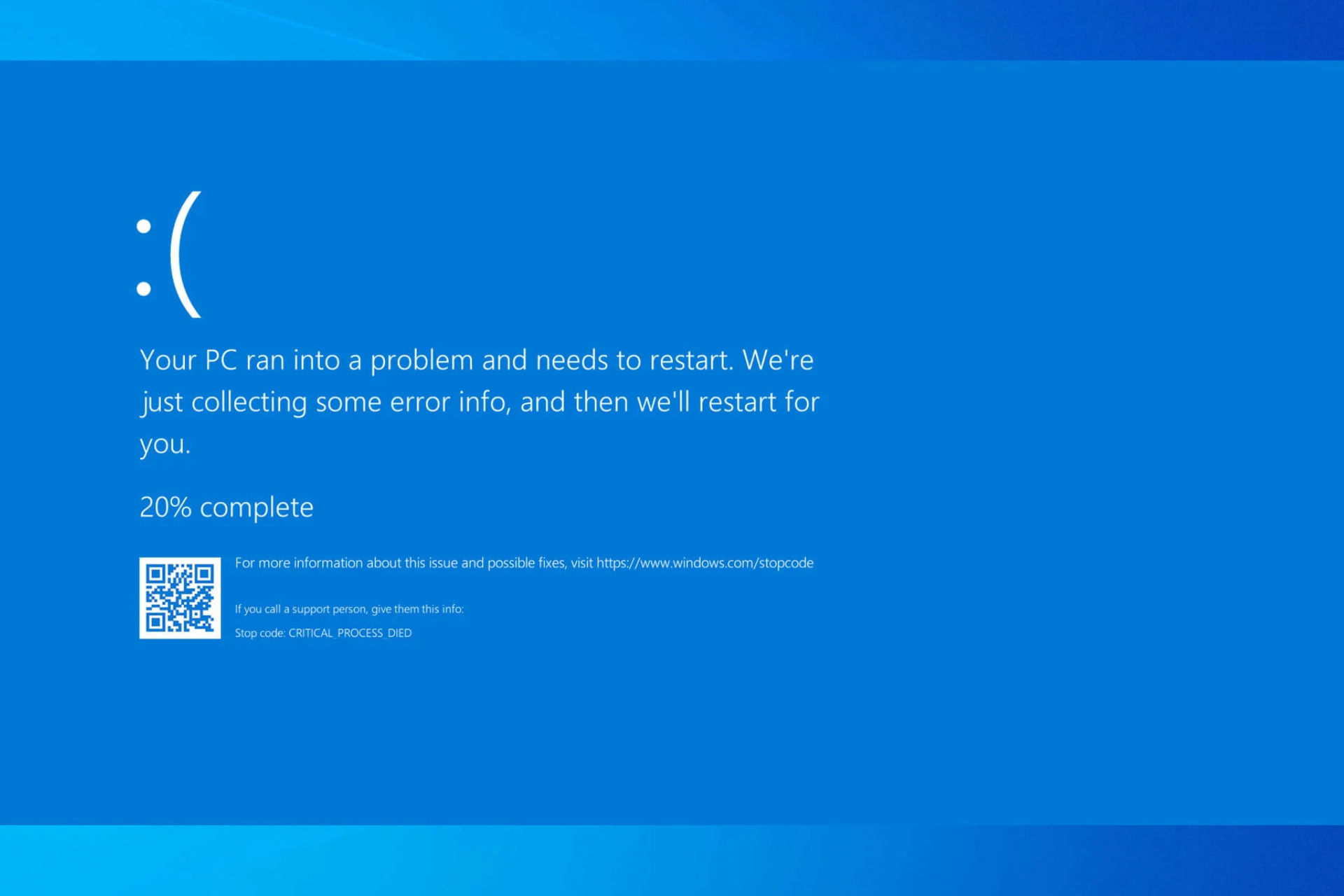
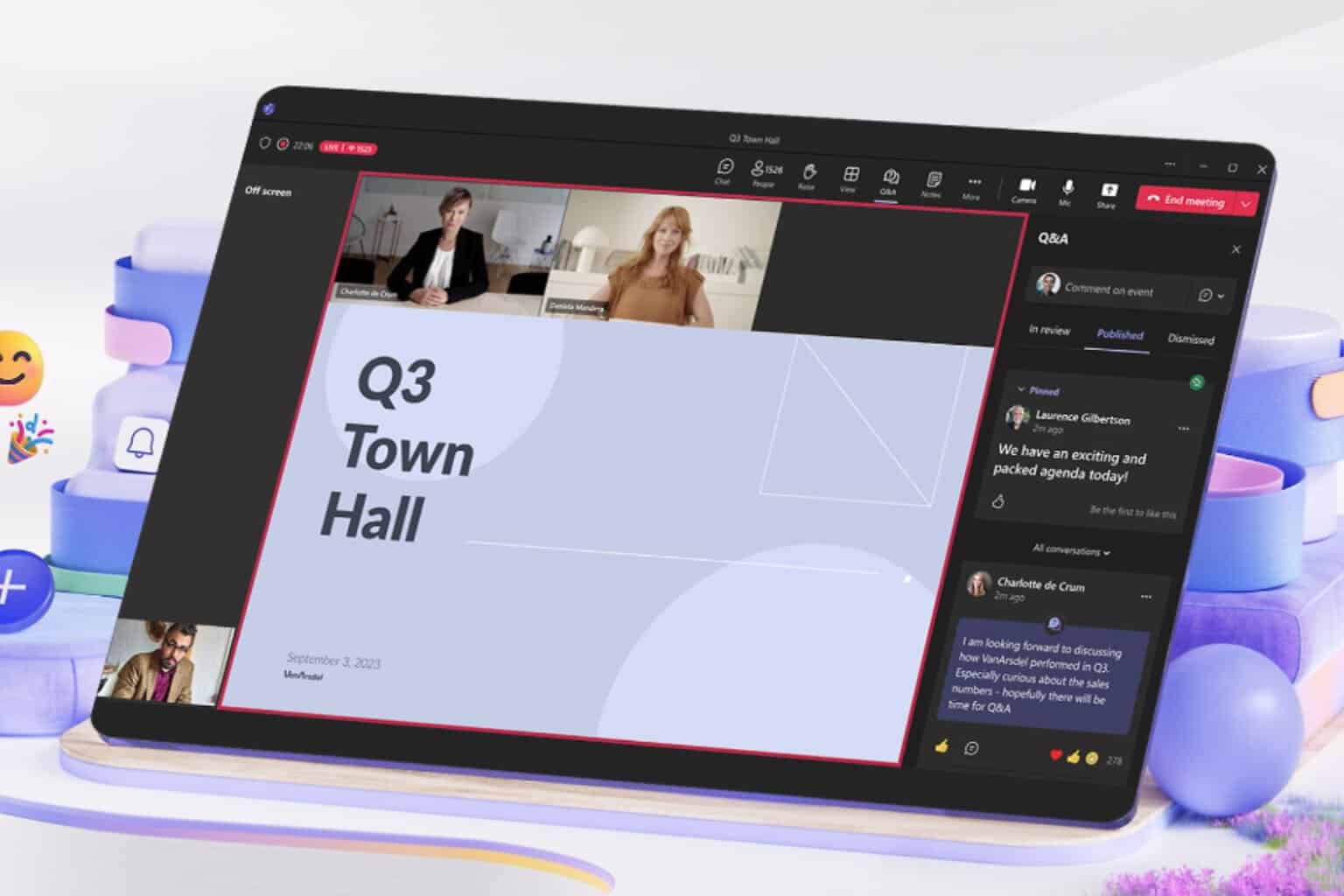


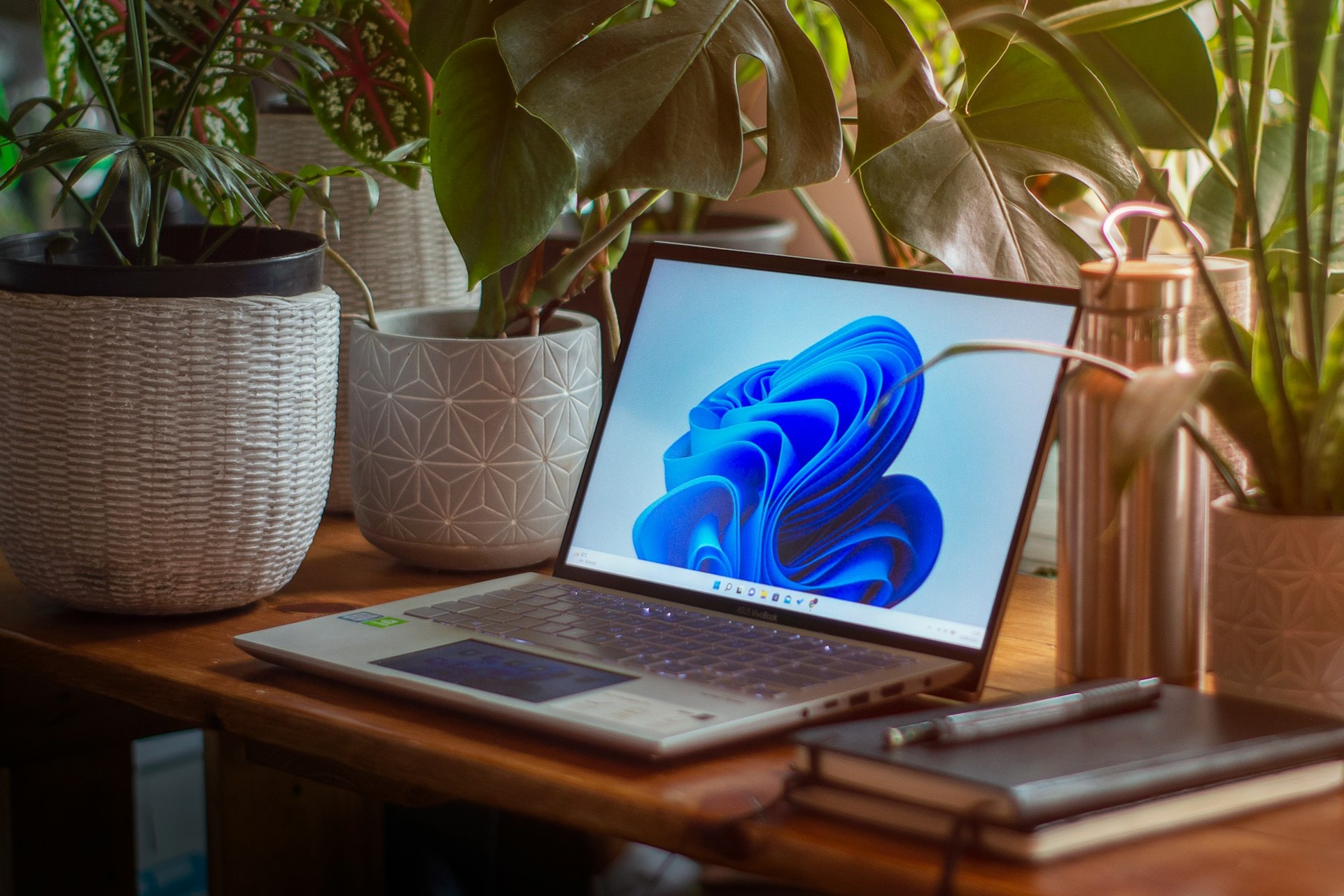

User forum
0 messages